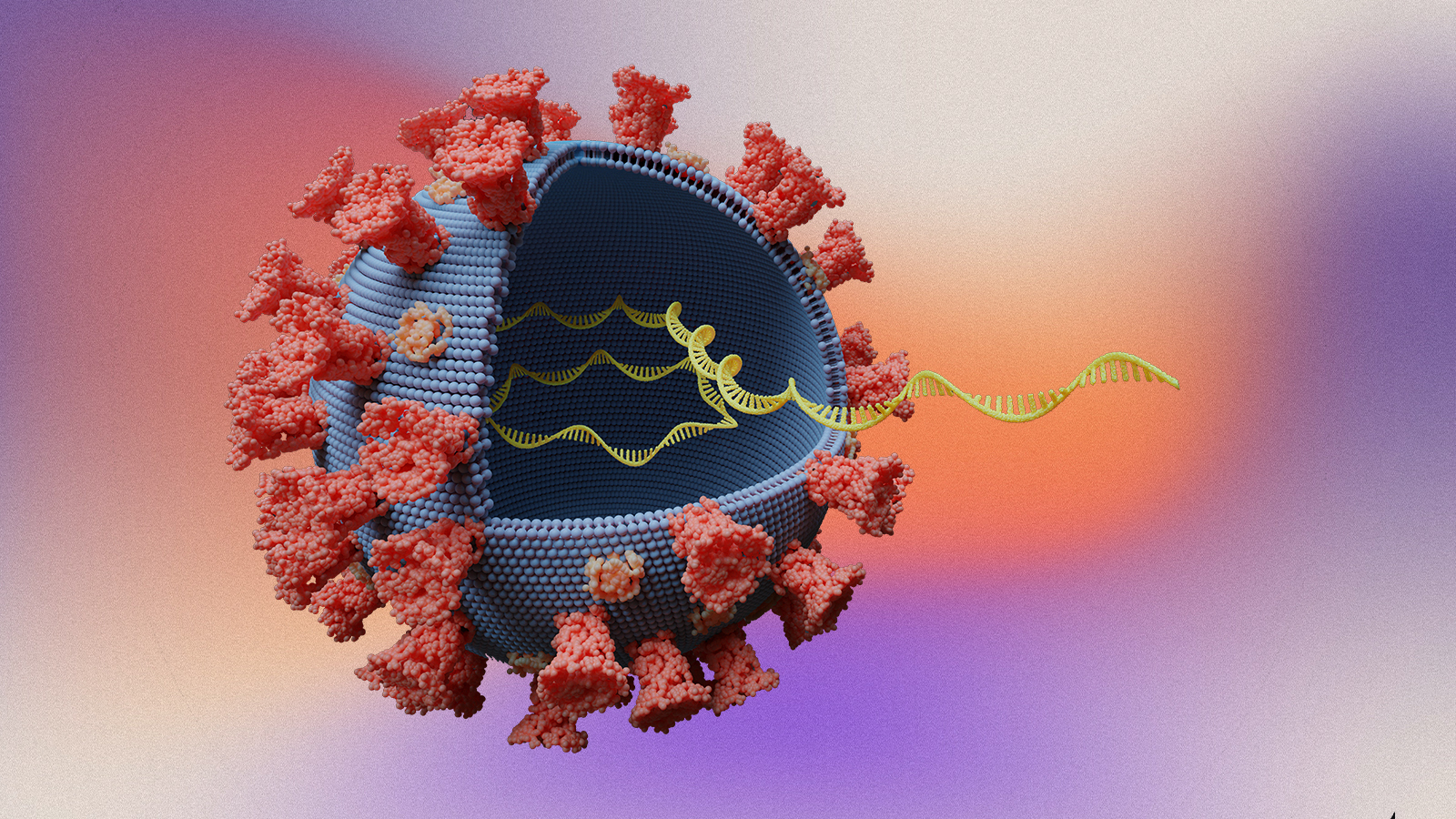Can Humans Live to 1,000? Should We?

What’s the Latest Development?
The world’s most comprehensive assessment of global health, called the Global Burden of Disease 2010, confirms that, in the developed world, the fight against infectious disease has largely been won and old age is now the cause of 90% of deaths. So when asking about the priorities of future medical research, “instead of targeting specific diseases that are much more likely to occur when people have reached a certain age, wouldn’t a better strategy be to attempt to forestall or repair the damage done to our bodies by the aging process?”
What’s the Big Idea?
Aubrey de Grey, Chief Science Officer of SENS Foundation and the world’s most prominent advocate of anti-aging research, argues that it makes no sense to spend the vast majority of our medical resources on trying to combat the diseases of aging, like heart disease and Alzheimer’s, without tackling aging itself. De Grey is optimistic about the future of anti-aging research: “We don’t know how old the first person who will live to 150 is today, but the first person to live to 1,000 is almost certainly less than 20 years younger.”
Photo credit: Shutterstock.com





